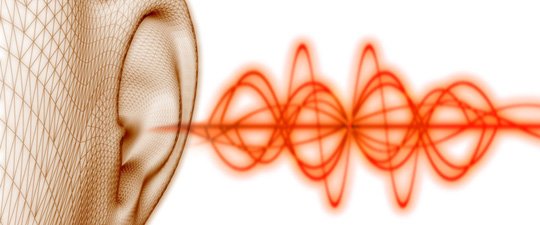Tinnitus, also known as ringing ear is a condition that is ruining the life of millions of people across the globe. Thousands of people in the United States are surfing the internet to find a better way to get rid of this noisy killer. The objective of today’s post is to share some useful information about different types of Tinnitus.
Subjective Tinnitus
Subjective Tinnitus is a condition where only the patient can hear the noise. This type of Tinnitus can occur in all three of the ear parts or it may be due to the auditory nerves or how the brain interprets the signals as sound. Some reports indicate that subjective Tinnitus begins in the inner ear when the cochleae are damaged.
Objective Tinnitus
Objective Tinnitus may also be known as vibratory, extrinsic or Pseudo Tinnitus. With this condition, the sound heard by the patient can also be heard by the physician or another individual within close range of the patient’s ear. While objective Tinnitus is rare, it may be indicative of a blood vessel problem, inner ear issue or muscle contractions.
Pulsatile Tinnitus
Pulsatile Tinnitus occurs when a patient hears his/her own heartbeat in his/her ear. Per ENT, USA, there are 4 categories of causes for Pulsatile Tinnitus:
- Arterial sounds
- Venous sounds – usually results from an increase of blood flow through the jugular vein.
- Tumor
- Spasm of the middle ear muscles – a condition where the tensor tympani muscle may contract and does not beat in sync with the heart.
For those over the age of 50, atherosclerotic coronary artery disease is often the cause of this form of Tinnitus. For individuals over the age of 60, it is normal for pressure hydrocephalus to occur. This is a slow and mild increase in the pressure of cerebral spinal fluid which eventually causes the ventricles to dilate.
Overweight females aged 20 to 50 who are experiencing pulsatile Tinnitus may be facing pseudotumor cerebri syndrome (this may also be known as idiopathic intercranial hypertension). This occurs when the pressure within the patient’s skull increases, indicating an excess of cerebrospinal fluid within the skull. This condition may be the result of some medication use, such as:
- Oral contraceptives
- Trimethoprim/Sulphamethoxazole
- Steroids
- Phenytoin
- Lithium
- Tetracycline
- Amiodarone
- Indomethacin
Pseudotumor cerebri syndrome may require medications or surgery to release the excess fluid within the skull. A shunt may be placed in the patient’s skull to drain the fluid and help prevent it from returning. This condition may come back and the patient needs to be monitored closely by a medical professional to prevent further complications.
Categories of Tinnitus
In addition to the different types, there are also multiple categories of Tinnitus:
- Acute Tinnitus can linger from 3 to 12 months, when it than becomes “sub- acute”.
- Chronic Tinnitus inflicts patients for one year or longer and is often brought on by loud noises.
- Compensated Tinnitus is an infliction that does not interfere with patient’s daily living activities.
- Chronically Complex/Uncompensated Tinnitus interferes with the patient’s daily living activities and can have a severe impact on a patient’s level of functioning.
Is It Possible to Get Rid of Tinnitus Naturally?
In most cases it is possible to cure Tinnitus at home. But your Tinnitus will not go away on its own. Moreover, failure to treat it can lead to serious and permanent consequences. This Short Video explains how to get rid of Tinnitus naturally.

Leave A Comment